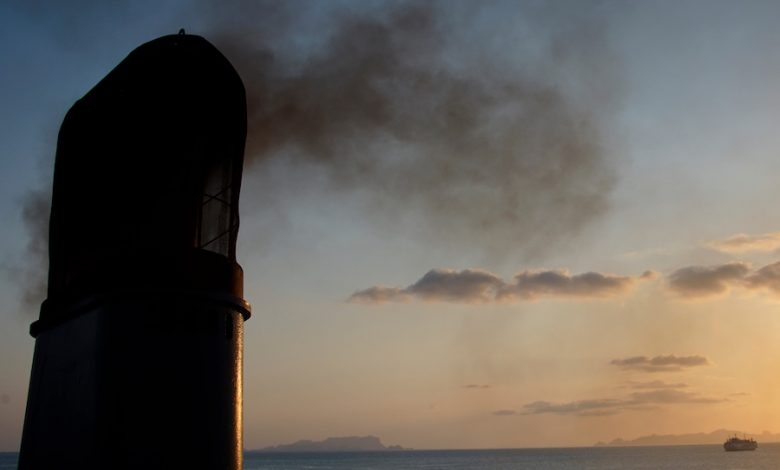Crowd-solving worked in 1714. Why not try it again?

Harry Sangree, the founder of SeaFreight Labs, recalls how the British government created a public challenge in the 18th century to solve the challenge of determining ships’ longitude. The author suggests that the maritime industry utilise the same powerful process to help achieve zero-carbon maritime operations by engaging as many people as possible from outside our industry.
On October 22 1707, a fleet of five British warships was returning to England after a victorious skirmish with French Mediterranean forces in Gibraltar. The night was foggy so the captain was not able to accurately pinpoint his longitude using the technology of the era. By the next morning, four of the ships sank as they sequentially crashed into the Scilly Islands at the southwestern tip of England. Almost 2,000 troops drowned that night.
This tragedy became the catalyst to finally try something new. During the previous 200 years, Europe lost hundreds of ships and tens of thousands of sailors for lack of knowing their longitude. But losing so many British soldiers so close to home led to a national focus on the problem.
In the spring of 1714, ship captains and shipowners united to create a petition that demanded a fund to support research and development of promising ideas and a prize for the inventor of a true longitude solution. In response to this pressure, parliament created a public challenge. It invited the world to an innovation contest with the specific goal of determining longitude to an accuracy of half a degree after a six-week voyage from England to the West Indies. It offered prize money of up to £20,000 ($12m in today’s currency) for a solution and also authorised incentive awards to encourage promising ideas. It created a blue-ribbon panel of judges called the Board of Longitude that consisted of Britain’s best and brightest, including Sir Isaac Newton. It launched unprecedented innovation on a topic of national (and international) importance. The initiative was known as the Longitude Act of 1714.
In the ensuing years, the Longitude Act’s crowdsourced challenge led to two new and distinct threads of successful innovation. The ultimate challenge winner was a device that could keep perfect time while at sea. Called a chronometer, it enabled a captain to determine his longitude by comparing the local time (noon was usually used) to the London time on the chronometer and calculating how far east or west the ship was from Greenwich.
The competing solution used the sun, moon and stars to determine one’s longitude. Countless discoveries about astronomy and physics were created and leveraged by individuals from England, France and Germany to create tools that were accurate under proper conditions but were limited in a number of ways.
This ‘crowd-solving’ effort generated tremendous innovation that eliminated ignorance about one’s longitude on the high seas. It also cemented Greenwich, England as the Prime Meridian on all maps and Greenwich Mean Time as the anchor time zone for the entire world. It was a powerful way to incent innovation to a targeted problem.
It can work again!
As we approach 2020, there is a growing consensus that moving ocean shipping rapidly to zero-carbon operations is an existential issue. One could say that it is as important today as finding a way to determine longitude was in 1714. There are literally lives at stake.
While many companies are working on the issue on an individual basis, it is not enough. The recently formed Getting to Zero Coalition and the Poseidon Principles are a good start but they are voluntary organisations that cannot attract diverse perspectives like a challenge can. Leaders in the ocean-shipping industry need to take a bold step to intentionally solicit innovation from skilled individuals in non-maritime industries to accelerate progress on this important task.
None of the solvers of the longitude problem came from the maritime industry. The inventor of the chronometer was a clockmaker. The innovators of the astronomical methods were astronomers and physicists. It is likely that key innovations in the race to zero-carbon ocean shipping will be from outside the industry. Use of open innovation and a public challenge would provide a venue to solicit this input. It is time to apply this proven process to our most important issue.
